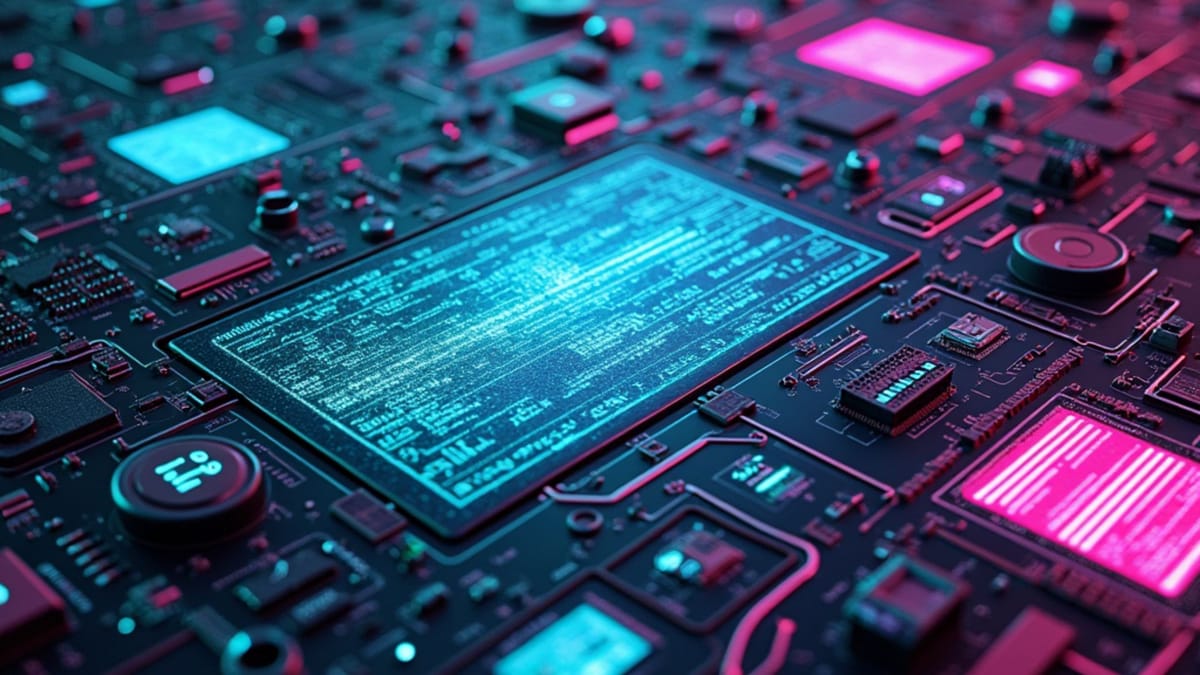Eric Schmidt Predicts AI Will Replace 50-Year-Old Computer Interface Paradigm

The windows, icons, menus and pull-down interface that has defined computing for half a century "is 50 years old and it's what you use every day," but artificial intelligence will soon render it obsolete, former Google CEO Eric Schmidt predicts.
End of Miles reports the tech executive's vision for a radical transformation in how humans interact with machines, outlined during his recent appearance at the PARC Forum in Silicon Valley, the very birthplace of the interface paradigm he now forecasts will disappear.
From Static Boxes to Dynamic Conversations
Schmidt, who served as Google's chief executive from 2001 to 2011, presented a future where AI-generated interfaces adjust dynamically to individual users, replacing the rigid framework that has dominated computing since the 1970s.
"Doesn't it make sense that AI should be able to generate enough bits to have an on-demand interface that's tailored to you for your task and that the whole notion of raster graphics and fixed bounding boxes and all that stuff that was invented here is completely replaced by storytelling?" Eric Schmidt
The former tech executive emphasized this would create "a profoundly different experience" that adapts to each person's culture, language, and specific needs—a stark departure from today's standardized interfaces where every user sees the same buttons, menus, and icons regardless of their task or preferences.
Where It All Began
Schmidt's prediction carries particular significance given the venue of his remarks. PARC (formerly Xerox PARC) is where researchers invented the graphical user interface that would eventually be commercialized by Apple and Microsoft, fundamentally shaping how billions of people interact with computers today.
"Fifty years ago in this building, what is known as the windows icons menus and pull-down interface was invented," the tech leader reflected, noting his personal connection to this history. "I know because I used it. I didn't invent it. I used it."
"This is where it all began... I was a young man... long hair, Berkeley, the whole bit. And I basically lived here, of course." Schmidt, recalling his early days at PARC
The Coming Shift in Human-Computer Interaction
The Stanford University-educated engineer described a future where the relationship between people and computing systems evolves beyond current paradigms, becoming more collaborative and intuitive.
"At least for the next decade, it'll be us plus computers working together," Schmidt said, emphasizing that this represents a fundamental shift in how we perceive ourselves. "What does it mean for human identity to be working with an intelligence that is higher than ours in some areas and not as high in others?"
While Schmidt acknowledged that artificial super-intelligence might eventually change this dynamic further, he emphasized the foreseeable future will focus on human-AI collaboration rather than replacement.
This transition away from traditional interfaces represents just one aspect of Schmidt's broader vision for AI's transformative impact, which he explored in his books "The Age of AI" and "Genesis," co-authored with former Secretary of State Henry Kissinger.
The former Google executive emphasized that the industry is "bringing this stuff forward faster than government, society, civil society can adapt to it," suggesting the need for thoughtful consideration of how these interface changes might reshape our relationship with technology.





